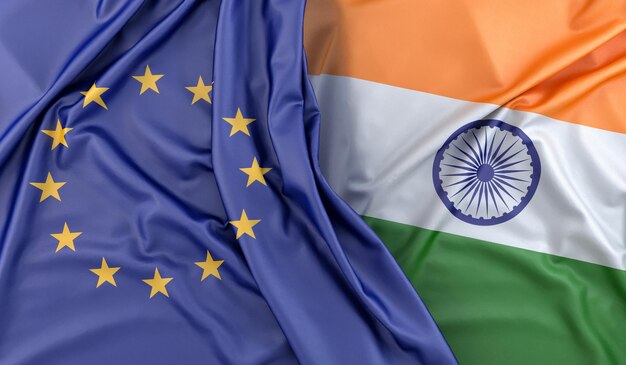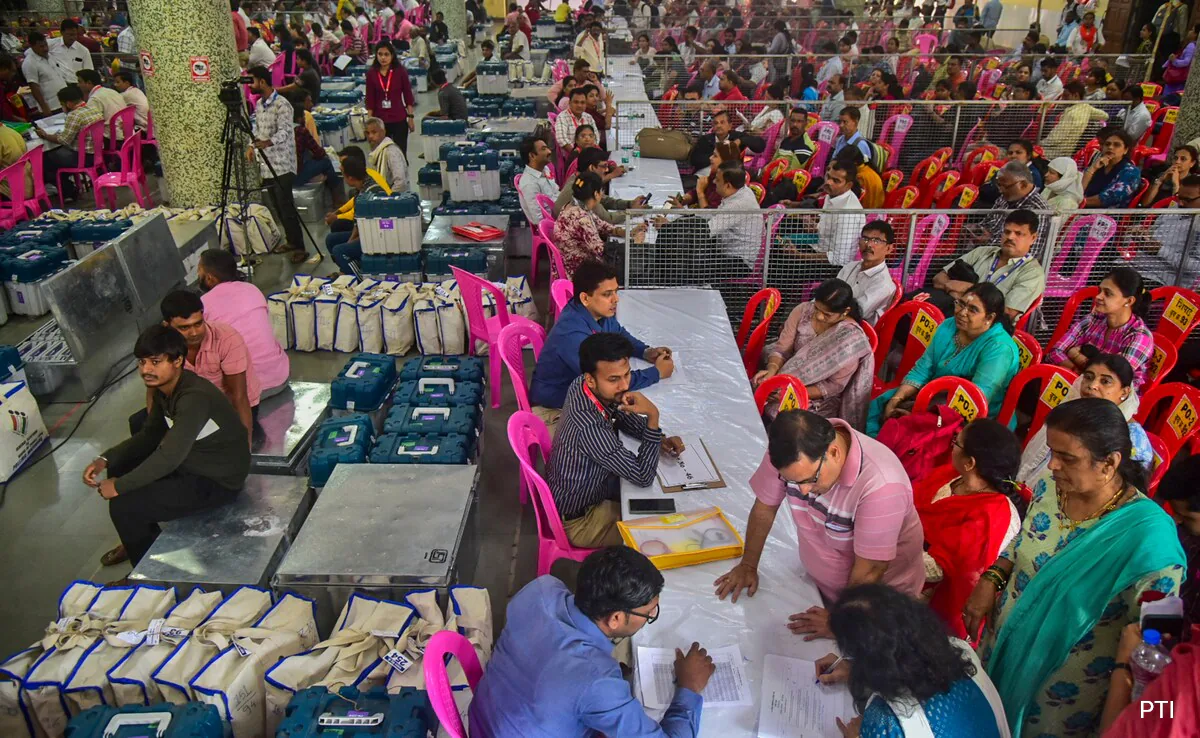A Crucial Test for the World’s Largest Democracy
The legislative elections in Maharashtra, one of India’s most influential states, began on November 20, 2024, attracting international attention. With over 120 million inhabitants and nearly 96 million registered voters, this vote represents not just a litmus test for local politics but a microcosm of Indian democracy, the largest in the world. Maharashtra, with its capital Mumbai, is a global economic hub: whoever governs here can profoundly influence Indian politics and international trade relations. At the heart of the contest are the two major coalitions: the Mahayuti, dominated by the BJP and its allies, and the MVA (Maha Vikas Aghadi), an alliance between Congress, NCP, and the Uddhav Thackeray-led Shiv Sena.
Political Intrigues and Evolving Alliances
The elections have been marked by turbulent shifts in political alliances. In recent years, Maharashtra has witnessed three governments and as many leadership changes, with significant splits within major regional parties like the Shiv Sena and the Nationalist Congress Party (NCP). These developments have further complicated the political landscape, leading to unprecedented power dynamics. The results will be crucial not only for the state but also for their national implications ahead of India’s general elections in 2024.
Legitimacy and Transparency: An Open Question
Although India has a long history of generally free elections, every electoral cycle brings its share of doubts and criticisms. Opponents of the BJP accuse the ruling party of using state resources and questionable tactics to influence the results, while BJP supporters view these elections as an example of robust democratic participation. The challenge for Prime Minister Narendra Modi and regional leaders will be to demonstrate that the process was transparent and representative, to avoid further erosion of trust in institutions.

Reflections on the Market and the West
The outcome of the elections in Maharashtra could impact economic relations between India and Europe. Being an industrial and financial center, the new government will face pressure to attract foreign investments. Policies that are more or less investment-friendly could influence European engagement in key sectors such as technology, energy, and manufacturing. Europe is watching closely, considering India a strategic partner in an increasingly multipolar world.
Curiosity: A Campaign Like Never Before
An interesting aspect of these elections was the intense campaign, involving social media and artificial intelligence to analyze voter behavior. The parties adopted advanced digital strategies to reach young voters, who represent a growing segment of the electorate. Additionally, the fragmentation of alliances led to situations where factions of the same party competed against one another, making the outcome even more unpredictable.
With results expected on November 23, it remains to be seen whether these elections will be a triumph of democracy or fuel further debates about the transparency of political power in India. A surprising result could rewrite the rules of the game, both for India and its global stakeholders.

